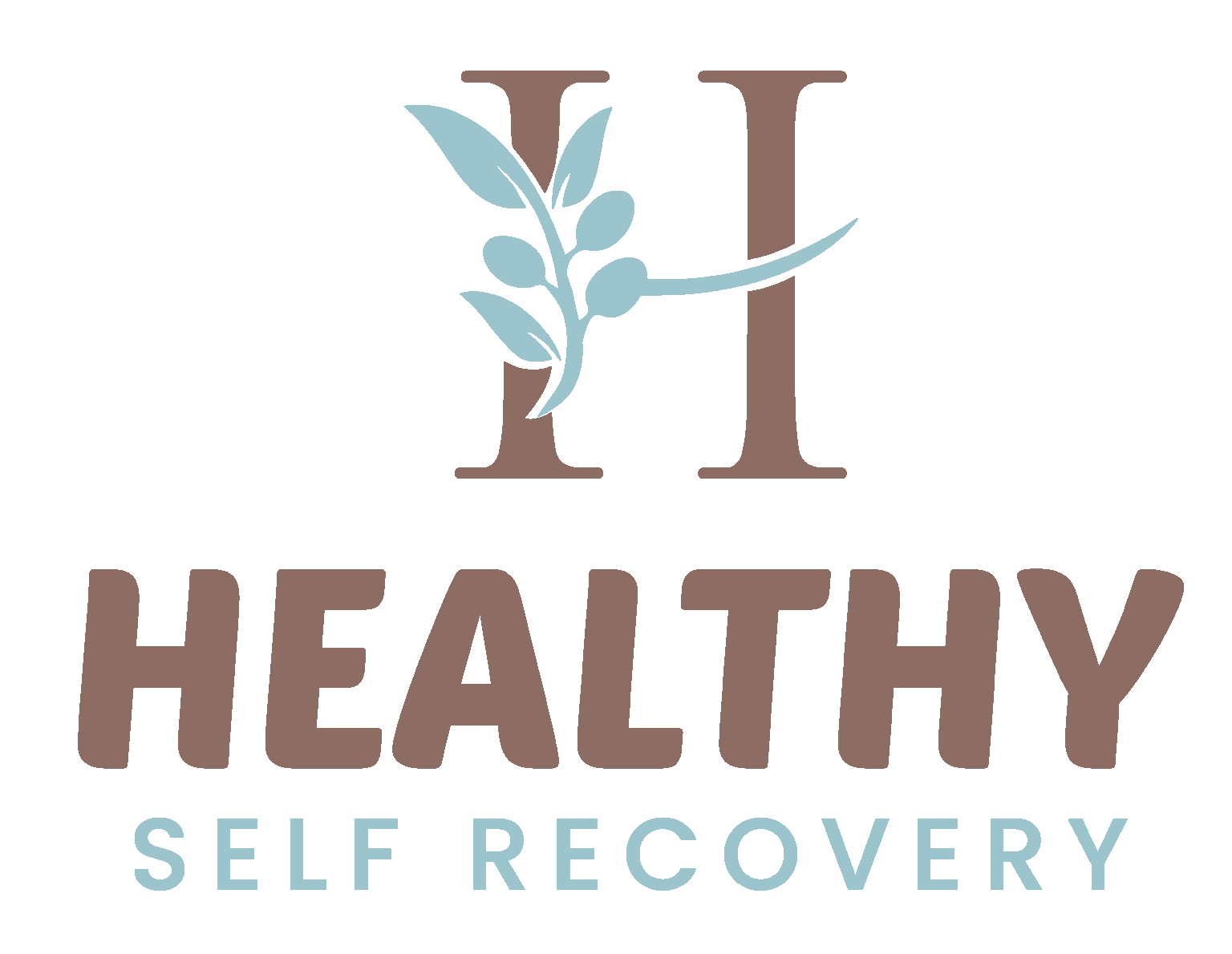Recovering from an eating disorder is an incredibly challenging journey and is rarely linear. Slipping back or having relapses is a normal part of the journey, so having the support and skills to maintain progress and to overcome relapse is crucial One of the most effective ways to do this is through eating disorder recovery coaching. In this blog post, I will explain how coaching can support recovery and provide the tools and coping skills to overcome relapse.

Understanding Eating Disorder Recovery Coaching
Eating disorder recovery coaching is a supportive relationship that provides guidance, encouragement, hope, and accountability to people trying to recover from eating disorders. As a Carolyn Costin Coach, I use coaching techniques alongside my understanding of eating disorders to help clients set and achieve their goals. Many coaches have recovered themselves from their own eating disorders and will have had their own personal experience of relapses. This gives them a deeper level of understanding and compassion.
How Eating Disorder Recovery Coaching Helps Prevent Relapse
Personalized Strategies:
- Everyone’s eating disorder and situation is unique. Eating disorder recovery coaches actively help their clients to create strategies that are specifically tailored to the individual client and their personal situation and challenges. By identifying their personal triggers and learning to recognise their individual triggers that are warning signs individuals are far better placed to pre-empt relapse. Coaches work closely with clients to develop a plan of action for what to do when things start to slip.
Accountability:
- A key part of coaching is regular check-ins and accountability. Eating disorder recovery coaching hours are flexible. This means that coaches are available to clients on a daily basis through messaging. Most coaches often check in daily with their clients. Having dedicated support and accountability keeps people committed to their recovery goals and seek support during tough times.
Developing Coping Skills:
- Eating disorders are often ways of dealing with difficult or unwanted emotions. Recovery means learning to experience these emotions and the stresses of daily life without resorting to eating disorder behaviours. Therefore it often brings up a range of emotions, such as anxiety, guilt, grief, and frustration. Recovery coaches create a safe, nonjudgmental space for clients to express their feelings, develop essential skills, and maintain recovery by managing emotions in a healthy way instead of turning to disordered behaviors. This could be anything from mindfulness, distraction, defusion, or many other things that work best for the individual. It’s equally important to build the skills needed to navigate challenging situations.
Setting Realistic Goals:
- Coaching is action-based and coaches work with clients to set collaborative short and long-term goals. Having achievable weekly goals that are discussed and assessed is important not only because they create a structure and direction to recovery but they make it feel more manageable. Weekly goals are also a good measure of progress. Equally, if goals are consistently not met they highlight areas that need to be worked on and are often a good measure of triggers.

Exposure and Response Prevention Work:
- Eating disorders are anxiety disorders about the consequences of food. The gold standard treatment for any anxiety disorder is exposure. Coaches progressively expose clients to specific food triggers in a controlled environment. This could be anything from eating a fear food, eating in public, or eating without purging. Having this exposure with the trained support of a coach who can help manage the anxiety and associated behaviours is how clients progress in their eating disorders.
Building a Support Network:
- A key component of recovery is turning away from the eating disorder toward other people and learning to ask for help, especially during difficult moments. Eating disorders love isolation so building connections and having a strong support system is crucial for long-term recovery. Initially, clients turn to their recovery coach for reliable, trustworthy support. As they gain confidence, the coach’s role shifts to helping them identify a support network. This may include family members, friends, or organized support networks and communities they can rely on in times of need.
Normalising Relapse
- A huge part of my work as a recovered coach is normalising what someone is feeling and going through. Black and white thinking is so often a trait of eating disorders. So the tendency is to think you are either succeeding or failing at recovery. The truth is always in the grey. Recovery is never a linear path and there will always be slips along the way. Normalising this for someone, sharing my experience of relapse and how I dealt with it, encouraging them not to see it as a failure but rather as a learning experience, and helping them foster some self-compassion is such an important part of the recovery journey.
Education on Self-Care:
8. Eating disorders have a huge disregulating effect on one’s nervous system. Caring for both physical and emotional well-being daily is key to recovery. It means that when a stressful situation occurs, the person is better able to manage it and less likely to turn to their eating disorder.
Building Resilience and Achieving Full Recovery with an Eating Disorder Recovery Coach
Relapse does not mean failure; it is merely a part of the complicated journey of eating disorder recovery. Working with a recovery coach can help to build healthy coping strategies, identify the triggers that can lead to relapse, and foster resilience to achieve full recovery. If you or someone you know is on the path to recovery, consider the benefits of working with an eating disorder recovery coach at Healthy Self-Recovery. Together, we can build a stronger foundation for a healthier, happier future.

Overcome Relapsing With Eating Disorder Coaching in the United Kingdom
Struggling with relapse on your eating disorder recovery journey? Eating disorder recovery coaching can provide the support and guidance you need to build lasting resilience. At Healthy Self-Recovery, we specialize in helping individuals develop healthier coping strategies and overcome setbacks. Let us help you create a solid foundation for long-term healing and a brighter, healthier future. Start now with these three simple steps:
- Contact me to schedule a free discovery call to see if Eating Disorder Recovery Coaching is right for you.
- Begin meeting with me, Marianna Miles, an eating disorder recovery coach
- Start overcoming setbacks!
Other Services Offered at Healthy Self-Recovery
As an eating disorder recovery coach, I am dedicated to supporting you through every step of your recovery journey. Helping you make lasting and meaningful progress. My eating disorder recovery coaching sessions are personalized to address the thoughts, emotions, and behaviors connected to your eating disorder. I also offer text support to provide motivation when it’s needed most. I also offer meal support sessions in a safe, compassionate setting where you can confront food-related fears and develop healthier coping strategies. We work closely with your medical team to align treatment goals for a holistic recovery approach. Together, we will create a recovery plan that meets your unique needs. Empowering you to live a fulfilling life free from the constraints of an eating disorder. I offer services throughout the UK, including England, Scotland, and Ireland. So you can access the support you need, no matter where you are.








